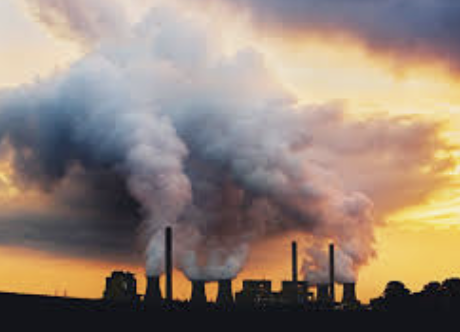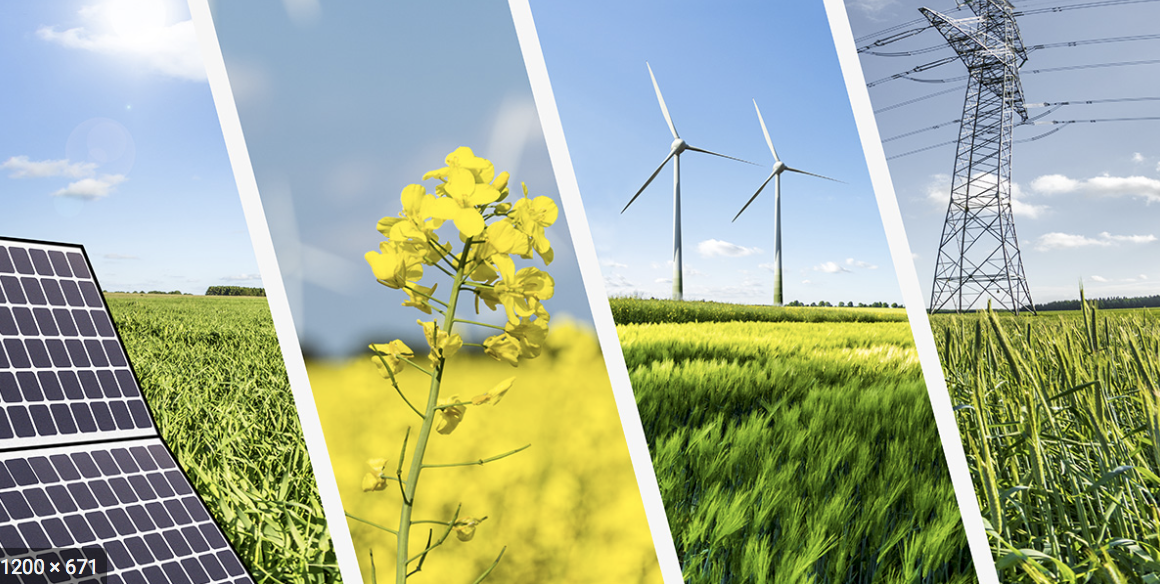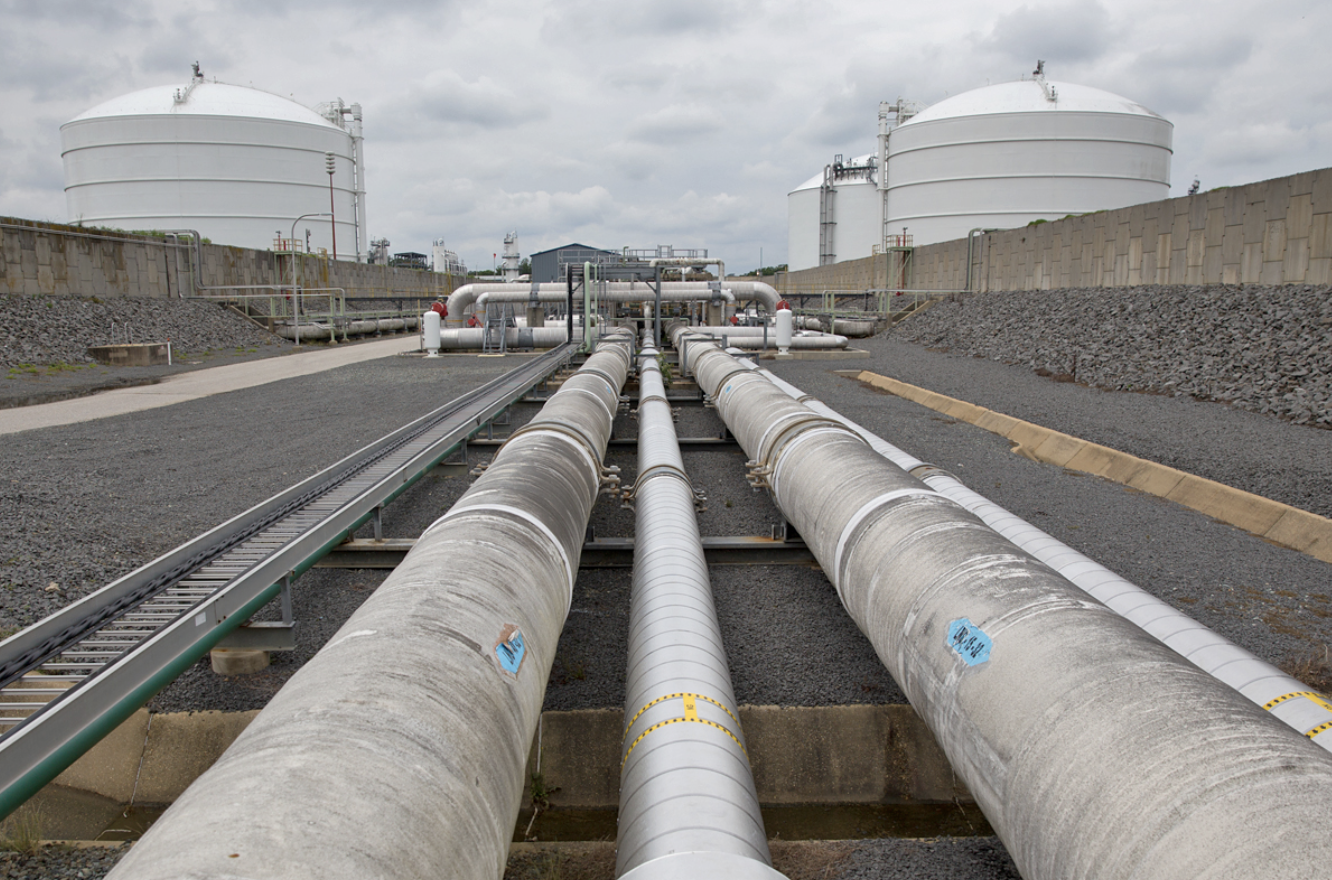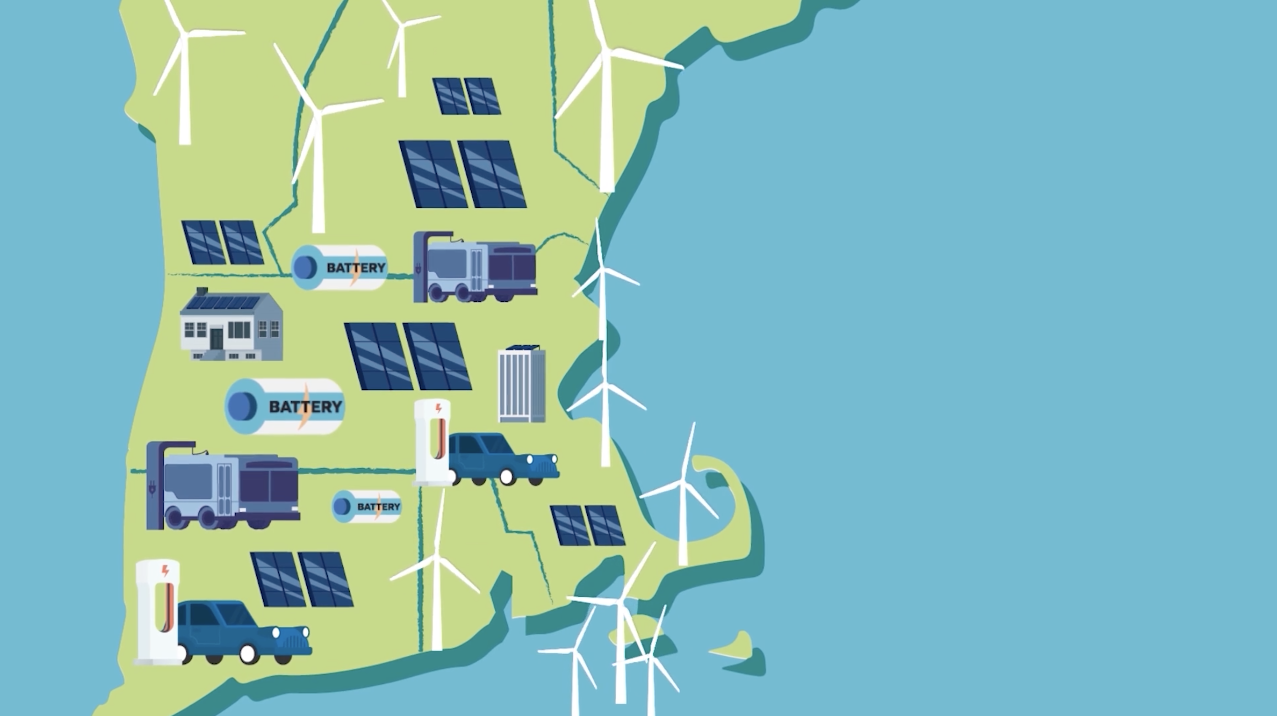It’s been clear for some time now that, when it comes phasing out fossil fuel use in New England, the right thing to do is also the smart thing to do – and even the most affordable thing to do. The hard part now is to get the industry, its regulators and its customers to look at the evidence. The new study from Acadia helps us do just that.
Fossil Fuels Are Part of America’s Social Injustice
Social injustice, racial injustice and environmental injustice tend to be overlapping and mutually reinforcing. That’s one more reason why our nation’s post-COVID economic recovery should be driven by incentives for renewable, clean-energy solutions that can provide more jobs, more affordable energy and better public health to the communities most affected by our current use of fossil fuels.
The Bridge to a Cleaner Future is Renewable Energy
New gas infrastructure projects aren’t a bridge to a cleaner future. The only destination they offer is a world that burns more fossil gas and suffers more climate destruction. It’s time to quit building them, cold turkey. The bridge to a cleaner future and a climate that’s no longer in crisis is renewable energy. The technology has arrived. It’s supplying much of the power we currently use. We just need to commit to it and put more of it into production. Welcome to a better bridge.
Under Cover of COVID, Another Stealth Attack on Clean Energy
So, to sum up: the big utilities and fossil fuel companies are mounting an insidious and substantial effort to use the COVID-19 pandemic as cover for the expansion of fossil fuel infrastructure, the intimidation of anti-fossil fuel protestors and, now, the elimination one of the best tools states have to encourage private investment in renewable energy..
Ashland Asks a Simple Question – and Gets a Game-changing Answer
Earth Day at 50: The End of the Beginning?
Yes, Virginia, there is climate action. Can Massachusetts keep pace?
Massachusetts prides itself in being a leader on public policy. We take pride in our state as a trend-setter in everything from public libraries to universal healthcare.. However, when it comes to embracing clean energy and taking decisive climate action, Massachusetts just got left in the blocks by a Commonwealth to our south.
For Opponents of Fossil Gas Expansionism, It’s a Double Whammy
While the entire nation wrestles with a lethal pandemic, the gas industry is rushing ahead with costly, unnecessary and ill-considered expansion projects. At the same time, fossil fuel companies are working behind the scenes with their legislative allies to make anti-gas activism a felony. It’s a double whammy.
The March of the Zombies
During the week of March 16-21, employers and local officials all over Massachusetts were urging – and in some cases requiring – workers to stay home in order to stay safe and healthy. On March 23, Governor Charlie Baker made it official: “all businesses and organizations that do not provide ‘COVID-19 Essential Services’ [must] close their physical workplaces and facilities to workers, customers and the public as of Tuesday, March 24th at noon until Tuesday, April 7th at noon.”
But guess what construction project is marching ahead unimpeded by health and safety concerns: The Weymouth gas compressor station!
Our Energy Reality Has Changed, Too
Here’s something else to think about while you’re stuck at home: most of us – including policy-makers and more than a few climate activists – are struggling to grasp that our energy reality has changed – permanently. We’re playing catch-up to the fact that fossil fuels are no longer cost-competitive options to renewables. And we’re still trying to wrap our heads around the fact that gas demand in many states, including Massachusetts and Connecticut, has already started to decline.
2020: The Year Gas Tanked
The new decade has greeted the fossil gas industry with a painful wallop. Even before the coronavirus devastated the stock market, fossil gas stocks were already in sharp decline as a glut in supply collided with falling demand and mounting competition from cleaner, cheaper renewable sources . The resulting financial pain is being felt by frackers, pipeline builders and gas utilities alike. It’s tied to an overall swoon for fossil fuels and market experts warn there’s no end in sight.
Gas Industry Pipedreams Versus Clean Energy Reality: The Race is On
But fossil fuel companies operating in our state and region aren’t going to give up without a fight. They know the window on the use of fossil gas is starting to close – the real-time effects of the global climate crisis have become impossible to ignore or wish away – so their strategy is a simple one: use their advantages in the current regulatory system to build as much new infrastructure as possible; sell as much gas as possible; and to make as much money as possible until regulators, ratepayers and an outraged public finally make them stop.
In the Northeast, a No Good, Very Bad Month for the Gas Industry
“Don’t Want It; Don’t Need It:” Connecticut Reverses Course on Fossil Gas
In a trailblazing decision, Connecticut state government has embraced the new reality that fossil gas has no role in a clean energy future. According to a must-read story in the Hartford Courant, state officials announced their state’s stunning reversal of policy on January 15th at a daylong environmental and legislative forum organized by the League of Conservation Voters (and cosponsored by CSE’s Connecticut chapter).
Unnecessary fossil fuel projects are the legacy of ignorance, arrogance ‒ and a broken system
In New York, National Grid Gets Caught Lying, Drops Demand for Billion-Dollar Gas Pipeline
“Southern New York doesn’t need more gas.” The headlines say it all:
Brooklyn Eagle: “National Grid agrees to end gas moratorium after governor’s ultimatum”
NBC New York: “National Grid Agrees to Restore Gas Service to Parts of NYC, LI and Pay $36M in Penalties”
New York Times: “National Grid Relents in Gas Standoff That Hurt Real Estate”
And, perhaps the most pointed one, from a Newsday editorial: “National Grid bet on its credibility - and lost.” (newsday.com)
Why does this news story matter so much to New Englanders? Because National Grid, Eversource, Columbia Gas and other regional utilities are engaged in the same deception right here. They keep keep telling us we need to expand gas capacity, even though renewables are more cost-effective than gas and even though demand for gas is actually declining thanks to conservation and a rapidly accelerating shift to clean energy.
Mass Gas Companies Fess Up: They Don’t Need the Extra Gas Capacity
New gas facilities in Massachusetts represent a colossal waste of ratepayer dollars. As demand continues to decline, new pipelines and other infrastructure lose all value but, once they’re built, ratepayers will have to go on paying them off for years to come.
Finally, the big utilities have openly admitted they don’t need new gas capacity.
Gas Isn’t Just Bad for the Environment; It’s also Bad for the Economy
It’s not too late for you to send a message to state environmental officials that Massachusetts needs to stop all new and expanded development of fossil gas facilities. The controversial Weymouth compressor project has been delayed again – for the nth time! – and the state’s permitting decisions now won’t be made until November at the earliest. In the meantime, Senators Warren and Markey and Congressman Lynch have come out strongly against the proposed facility, even filing a bill in Congress to prevent its construction.
Fresh Revelations about the Hazards of Gas
Media outlets across Massachusetts are rolling out their 1-year retrospectives on the tragic, costly and deeply unsettling Merrimack Valley gas disaster.
Yet the biggest news about unsafe, expensive and mismanaged gas systems isn’t a look back at last year’s disaster. Instead, it’s the revelation that the system isn’t any better that was back then. When it comes to our energy future, gas is still a risky, destructive and increasingly expensive option. In both economic and environmental terms, it remains a bad investment. (That’s a message you can help deliver to state officials by clicking here).
Will the Bay State Lead or Lag?
In a must-read story about California’s efforts to implement a gradual phaseout of fracked gas, reporter Lauren Sommer outlines the creative and courageous ways that local and state governments can encourage the transformation that must occur – and soon – in order to preserve the nation’s health economy and quality of life.





















